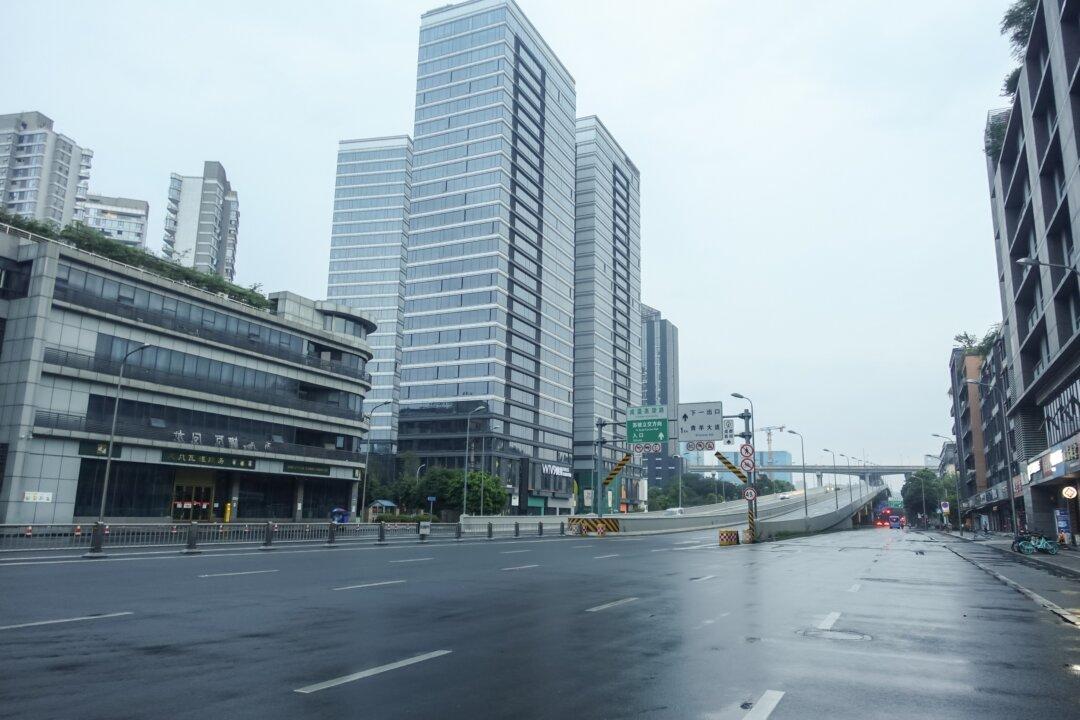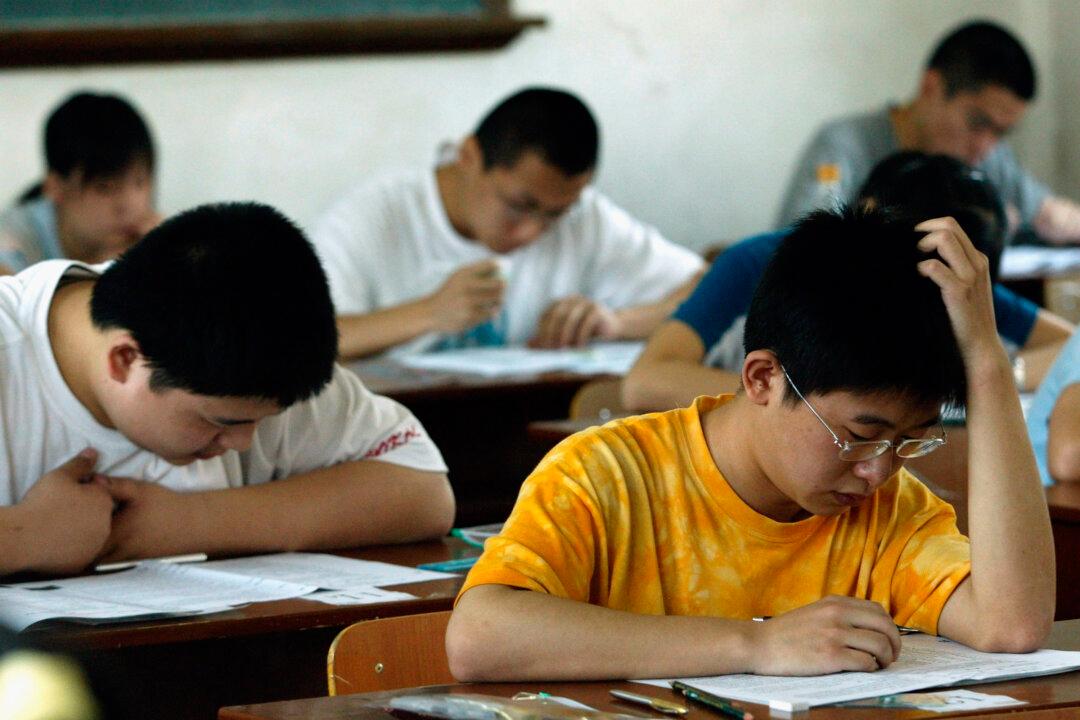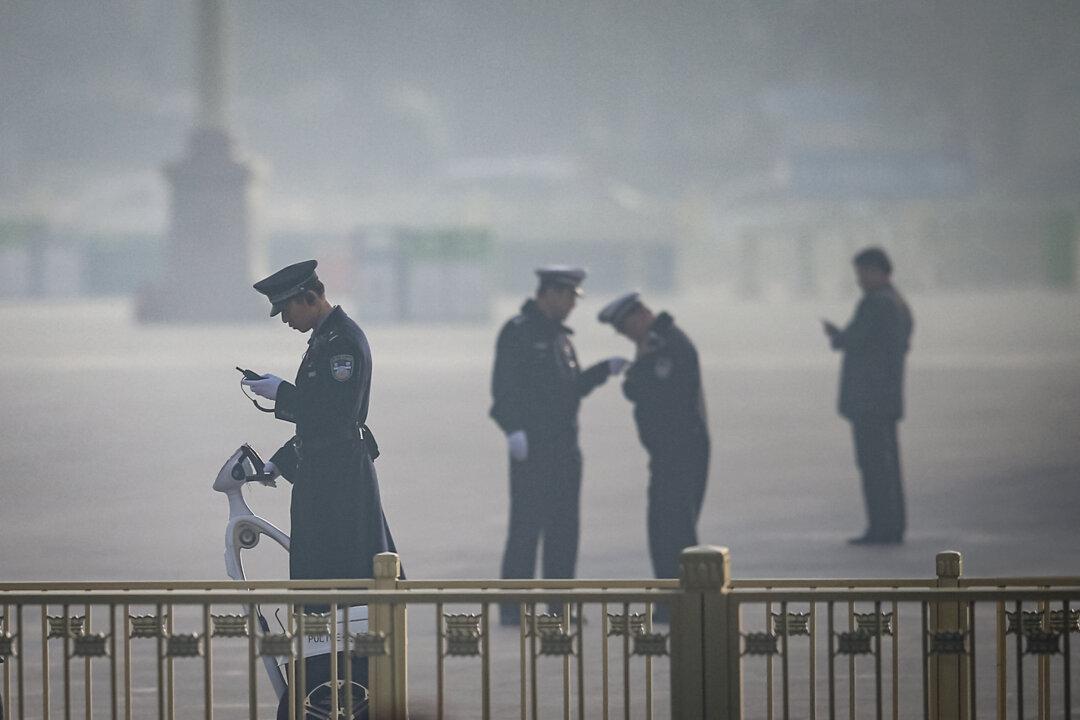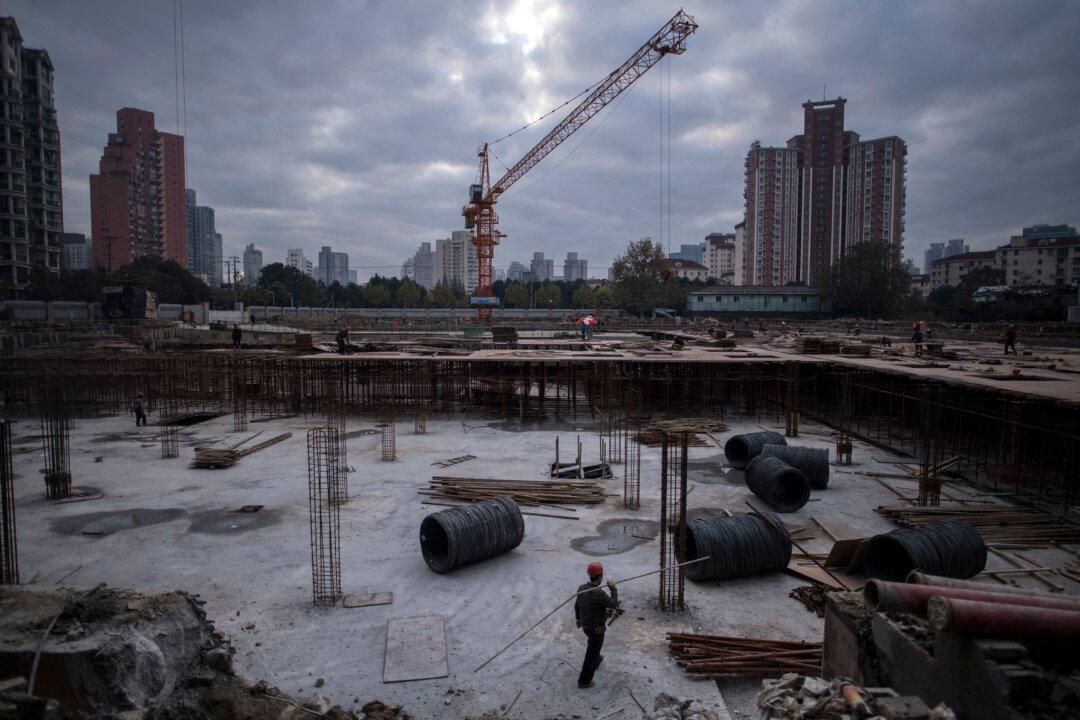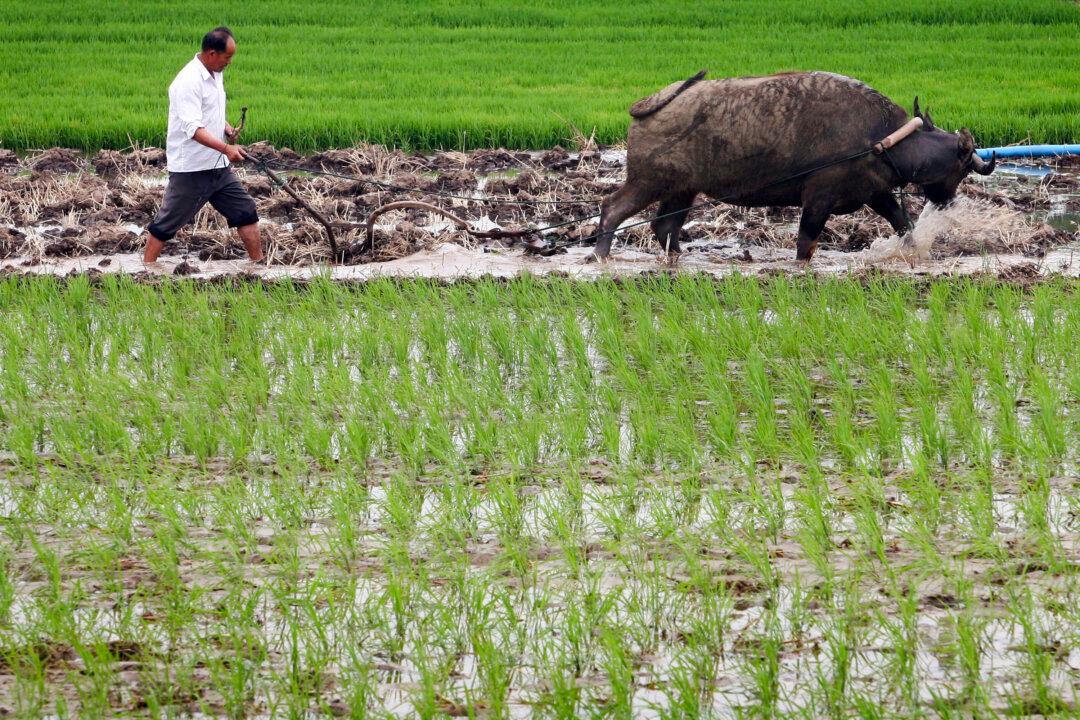Commentary
On May 13, Chengdu, Sichuan Province, became the focus of widespread attention on the ills of social status disparities. A confrontation ensued after a migrant worker allegedly came into contact with a vehicle owned by the mother of Chengdu’s mayor. The investigation led to the worker’s arrest by local authorities. Perceived by many as unfair, thousands of people joined in protest over the incident. Law enforcement intervened to disperse the crowd, resulting in additional arrests.
